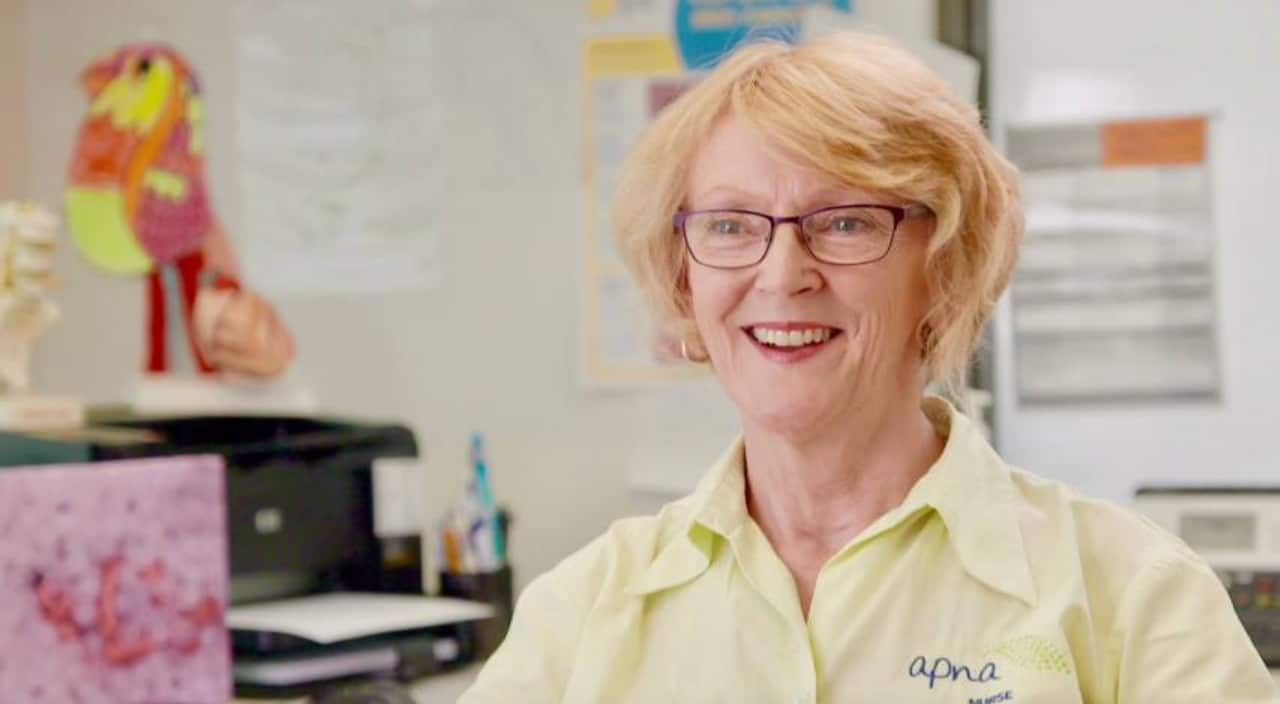A new survey of more than 2000 primary health care nurses has found one in four believe they're under-utilised and could be doing more to maximise their skills.
Karen Booth of the Australian Primary Health Care Nurses Association, which commissioned the survey, said better recognition of the work nurses do can help with retention levels.
She said that's especially important now. By 2030, it's predicted that the current retention and training levels, the Australian medical system will be about 100,000 nurses short of the expected demand from an aging population.

"We know that the extension of role, and appreciation and recognition of the type of work that nurses can do, contributes to their level of work satisfaction and professional satisfaction," Ms Booth said.
"And if you really like what you do and feel appreciated then you're more likely to stay - and workforce retention is a huge issue."
Julieanne Badenoch is a primary health care nurse and midwife and has watched the role of primary health care nurses develop over the past 20 years.
She said, at times, managers and GPs have been unsure what the role should involve, but that inadequate funding of the medical system also limits the benefit nurses can bring to it.
"Time is moving on, and I think that especially in remote communities, it is very hard to get enough GPs for the work that's needed. Therefore, the role of the nurse should step up and be acknowledged."
She said given there's a nurse in almost every community, the system can certainly be improved by giving greater support to nurses and acknowledging the level of their skills.
"If we are encouraged and supported and reasonably remunerated for the work we're able to do, and actually facilitated to be able to do that, then there would be huge impacts, I believe, on the health of the nation."
Chief nursing officer at the World Health Organisation Elizabeth Iro said the trust that can develop between a nurse and a patient is rarely matched, and that relationship can bring greater benefits to communities as a whole.
"We know that when the communities and people trust and have confidence in their health care providers they are more ready to comply with advice on health wellbeing and treatment plans," she said.
"Because they work closest with people in communities, nurses are positioned well to gain this trust. They are also more likely to pick up and mitigate potential disease outbreaks and can intervene early and respond earlier to emergencies."
Ms Iro says it should be a focus of all health systems to foster such relationships.

